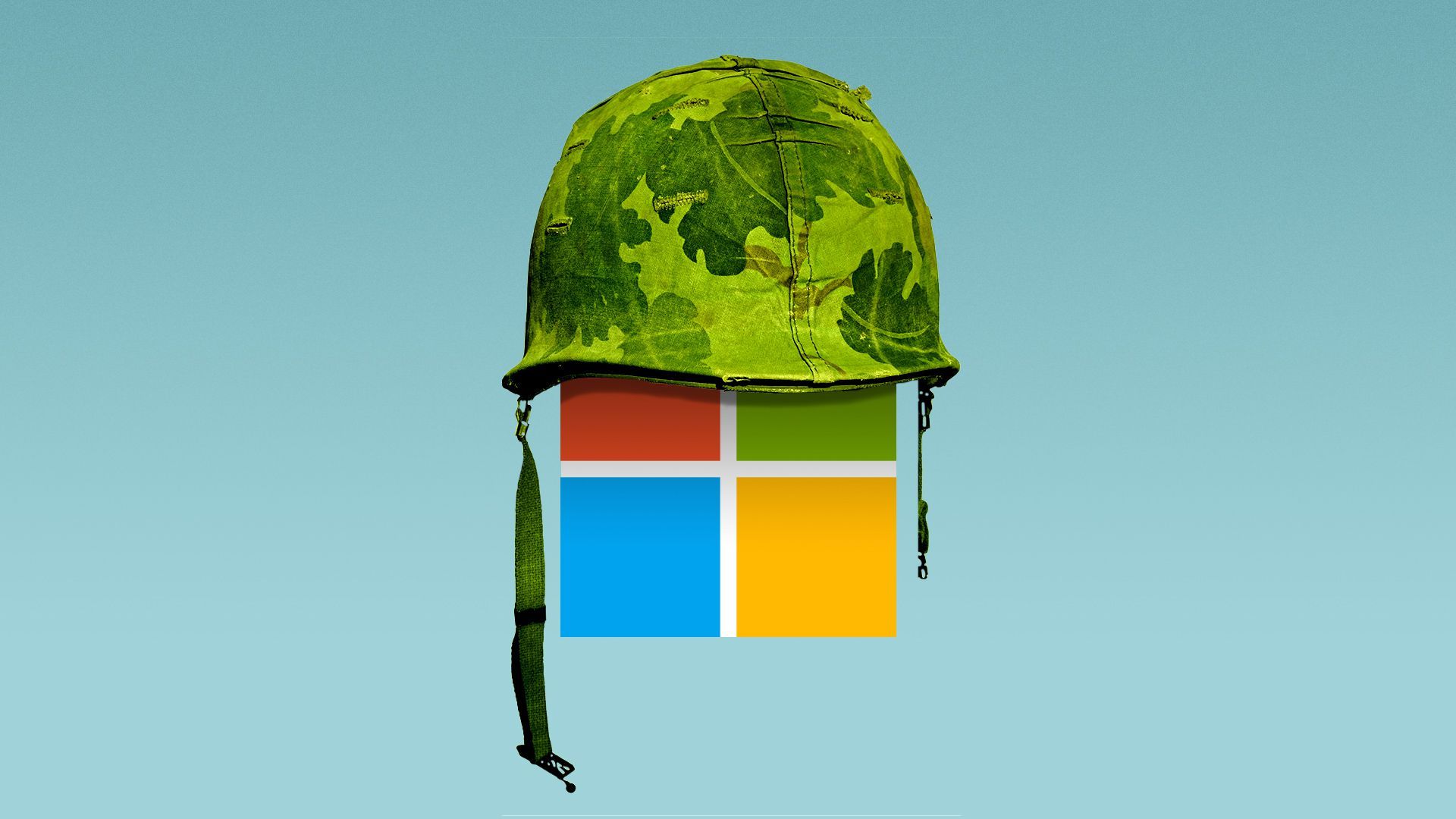| Facebook's new moves to dial back the volume of political content in users' news feeds represent the latest lurch in the social network's erratic handling of its role as the world's digital public square, Axios' Scott Rosenberg reports. Driving the news: Facebook, having captured a vast chunk of the digital ad business and trained users to view its stream of posts as a one-stop shop for all their informational needs, now says it plans to limit its distribution of posts about politics and broaden its situational bans on political ads. "One of the top pieces of feedback we're hearing from our community right now is that people don't want politics and fighting to take over their experience on our services," CEO Mark Zuckerberg said on an earnings call last week. - On Wednesday, the company said it would "temporarily reduce the distribution of political content in News Feed for a small percentage of people in Canada, Brazil and Indonesia this week, and the U.S. in the coming weeks" while it experiments with more long-term strategies for deemphasizing political posts.
By the numbers: Facebook says political content amounts to only 6% of the posts its 2.8 billion users encounter. - Yes, but: Facebook won't say how it defines political content, and that's still an enormous volume of posts. For many users who treat Facebook as their sole window onto the internet, it's likely a primary source of political information.
The big picture: Facebook has shown its eagerness to dodge political choices in recent moves, Axios' Sara Fischer points out. - It has doubled down on refusing to fact-check political ads, and it punted its most consequential political speech decision, banning former President Trump, to its outside oversight board.
Between the lines: Facebook has long promoted its role as a forum for political causes and proudly touted the part it has played in enabling popular democratic movements to organize. - At a speech at Georgetown University in October 2019, Zuckerberg said: "People having the power to express themselves at scale is a new kind of force in the world — a Fifth Estate alongside the other power structures of society. People no longer have to rely on traditional gatekeepers in politics or media to make their voices heard."
The other side: The company has periodically reset user expectations by emphasizing the primacy of personal messaging and family-and-friends updates on its platform over content that relates to the public sphere. - When it tacks in this direction, as it's currently doing, Facebook is acting itself as the kind of "gatekeeper" Zuckerberg argued it had rendered obsolete — using a heavy hand to change a global preferences setting.
Our thought bubble: When Zuckerberg says people in the Facebook community "don't want politics," he is ascribing a single will to half the world's population. - Facebook is built as an informational free market, letting trends and ideas flow according to each individual user's preferences.
- But it has instead repeatedly made top-down interventions, nudging the dials on its news feed algorithm in pursuit of changing goals.
What to watch: At Georgetown, Zuckerberg said, "In everything we do, we need to make sure we're empowering people, not simply reinforcing existing institutions and power structures." - That principle would point Facebook's management of political content in a very different direction.
- Instead of dialing down everyone's "political content," the company could let each of us set that dial ourselves — "empowering" users by handing them the controls.
The bottom line: Facebook may be dialing back political content because that's what users want, as the company has said. Or maybe the company thinks this is how it can avoid future conflicts and evade harsh regulation. Either way, rooting politics out of the news feed is itself a political move. Go deeper: Big Tech bolts politics | 







No comments:
Post a Comment